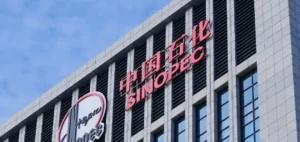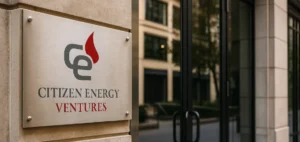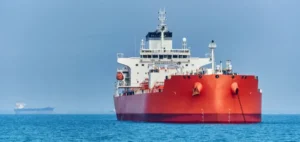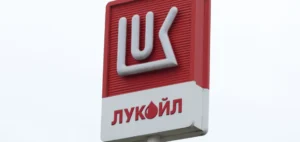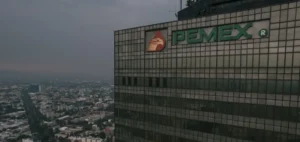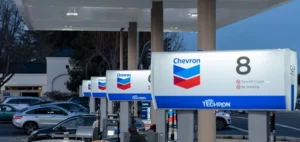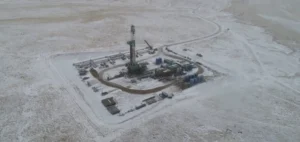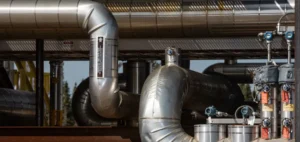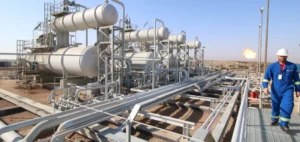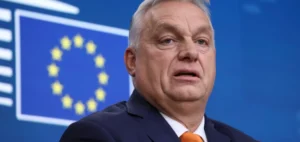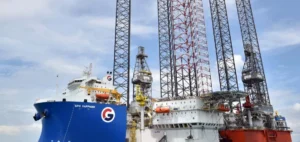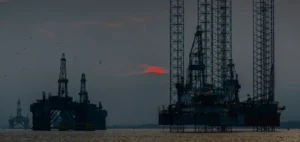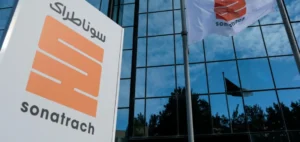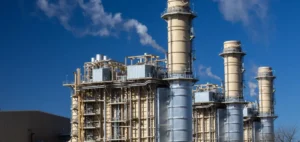In a coordinated effort to rectify the overshooting of established production quotas, Iraq and Kazakhstan have announced further cuts in their oil production. The initiative, announced by OPEC+ in a recent communiqué, specifies that Iraq will reduce its production by 602,000 barrels per day, which corresponds exactly to its overproduction in the first quarter of the year. Kazakhstan will follow with a reduction of 389,000 barrels per day. These measures are being taken to ensure that all surplus volumes will be offset by the end of the year, thus stabilizing the global oil market during a period of economic fluctuations.
Economic and financial impact
Production cuts have significant ramifications for the economies of producing countries and for the global oil market. By reducing supply, OPEC+ aims to maintain oil prices at a level that supports the economies of member countries, while avoiding price shocks that could harm global demand. This strategy is particularly relevant at a time when the global economy is showing signs of slowing down. OPEC+ production decisions are therefore crucial, as they directly influence the revenues of oil-exporting countries and can have consequences for monetary and fiscal policies worldwide.
Geopolitical consequences
Production quota adjustments are also the subject of geopolitical tensions within OPEC+. While some countries, like Saudi Arabia, advocate cuts to stabilize prices, others, notably oil-dependent developing economies, prefer to increase production to benefit from oil revenues. These diverging strategies reveal the internal challenges facing the alliance, which need to be carefully managed to avoid deep divisions, such as the one observed with Angola, which chose to withdraw from the agreement in reaction to the downward revision of its quotas.
Beyond immediate adjustments, OPEC+ is considering longer-term strategies to integrate more sustainable and balanced practices into oil production management. This includes taking into account the evolution of the energy market, where the transition to cleaner, renewable sources is becoming a global priority. The alliance could thus play a crucial role not only in stabilizing oil markets, but also in guiding energy policies towards more sustainable long-term solutions.




